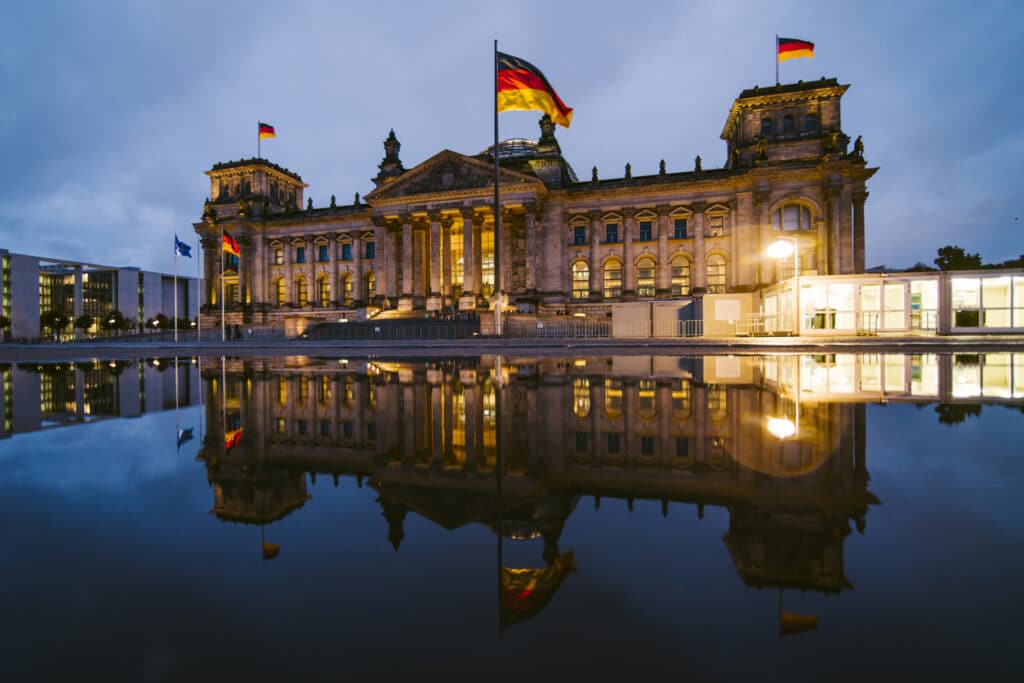Germany is a tale of two countries. It consistently scores very well in good government rankings, such as Transparency International’s Corruption Perceptions Index. Foreign aid agencies spend tens of millions of euros every year to teach emerging democracies about public accountability. Integrity-boosting initiatives litter the civil society, academic, legal and business landscapes.
Yet in real-life situations, Germany’s unwillingness and inability to fight corruption are well-documented, thus canceling out its perceived commitment to build and maintain a clean society.
Prosecutors and regulators were roundly criticized – and some were sacked – for ignoring massive, serial scandals at Deutsche Bank, Siemens and Wirecard, and the infamous Volkswagen “Dieselgate” deception. Germany was the last European country to ratify the UN Convention against Corruption, which allowed bribery and other crimes to go unpunished for decades. Until 1999 Germany allowed companies to label certain bribes “useful expenditures” and deduct the illicit payments from their taxes.
Germany’s record in protecting corruption witnesses has been no better – or even worse. Over the past 25 years, no public whistleblowers have been shielded from retaliation and revenge. When the latest Corruption Perceptions Index was released in January, Deutsche Welle reported that German authorities “have been slow to react to corruption allegations and in some cases investigated accusers rather than those accused.”
After a decade’s worth of failed attempts to pass a whistleblower law on its own volition, Germany now is being forced to take steps to protect its citizens from retaliation. Like every EU country, Germany is required to have a law in place that complies with new EU rules.
Released by the Justice Ministry on April 13, Germany’s draft whistleblower legislation is a tale of two laws. Lengthy and multi-layered, it gives the perception that employees who report crime and corruption will be shielded from reprisals at work. If the Bundestag passes the proposal in its current form, the reality likely will be much different.
“This is a huge missed chance,” certified fraud examiner Paul Milata of the Berlin-based anti-fraud firm Nemexis told WNN. “Germany has dragged its feet for so many decades, and now it is not able to take advantage of its latecomer status and learn from other countries.”
The proposal contains many loopholes that would leave large groups of employees without legal protection. It exempts many types of disclosures, including national security, intelligence and classified information; information about certain publicly funded contracts; certain judicial information; and certain professional information.
An employee would be legally entitled to report a trade secret only if it is “necessary to uncover a violation.” The proposal does not explain who would make the determination or how, interjecting more uncertainty for vulnerable employees with their careers on the line. This is perilous in light of a 2003 Federal Labor Court decision finding that external reports by employees must be “proportionate.” In several cases, German judges have ruled against bona fide whistleblowers who chose to report misconduct to authorities or the media.
In another gap, a new whistleblower office would have no explicit authority to protect employees. This “External Reporting Office” within Germany’s Federal Office of Justice could investigate reports and give advice to employees, but it would have no authority to protect an employee from retaliation or order a victimized employee to be reinstated or compensated for damages.
The draft law says a person who retaliates against a whistleblower would have to pay compensation. But like the trade secret provision, the proposal does not explain who would make compensation decisions and how they would be enforced.
The OECD is among several organizations that have criticized Germany’s lack of whistleblower protections. The OECD observed in 2018 that only two foreign bribery investigations had arisen from whistleblower reports. It said relying on labor courts to handle cases “offers a whistleblower protection only after an employer takes a decision adverse to their interests, such as dismissing them.” (emphasis in original)
Commenting on Germany’s pro-integrity record in general, Transparency International’s Hartmut Bäumer told Deutsche Welle, “We haven’t come very far in combating corruption. There are still massive deficits in all aspects of society.”
